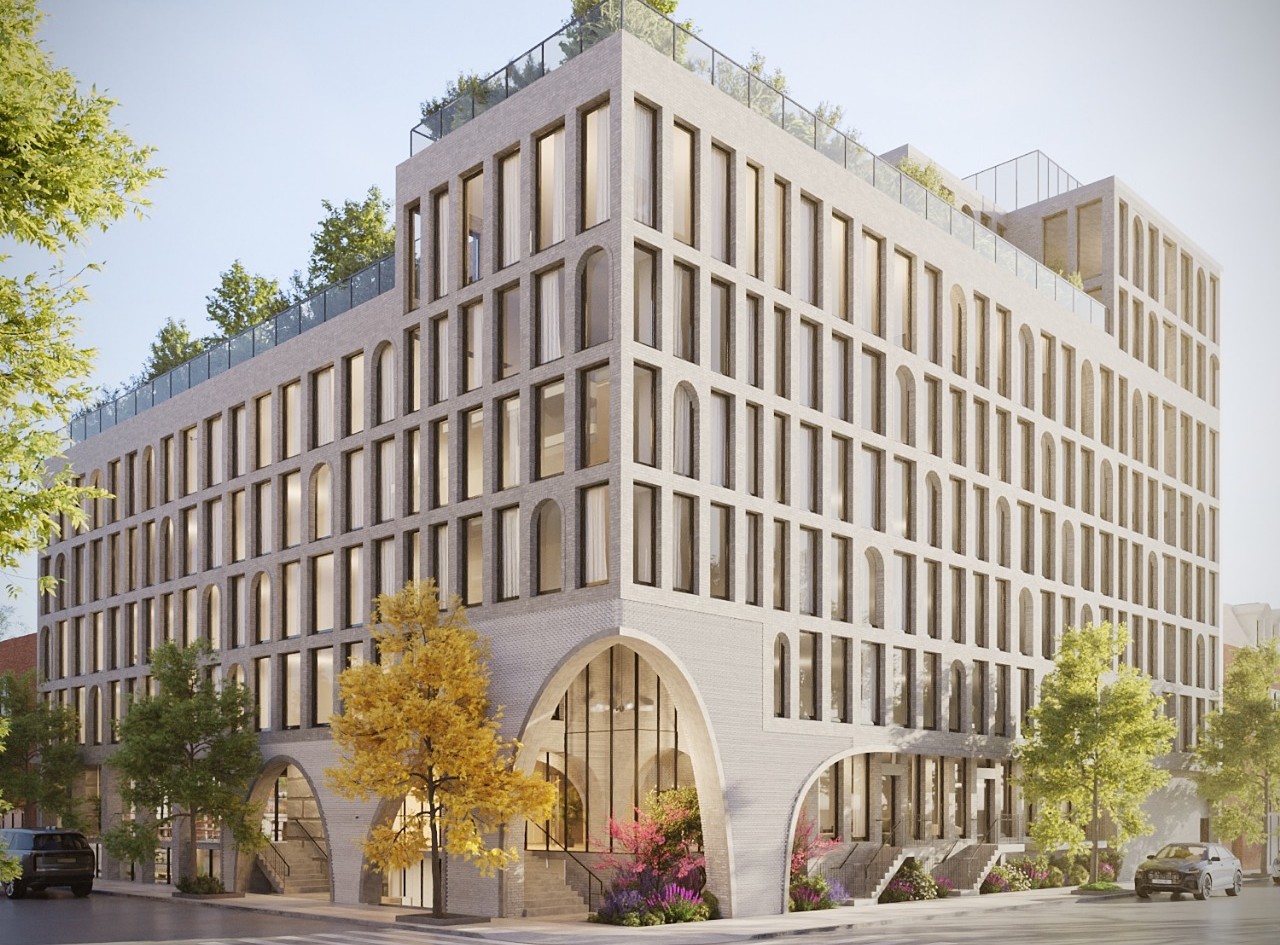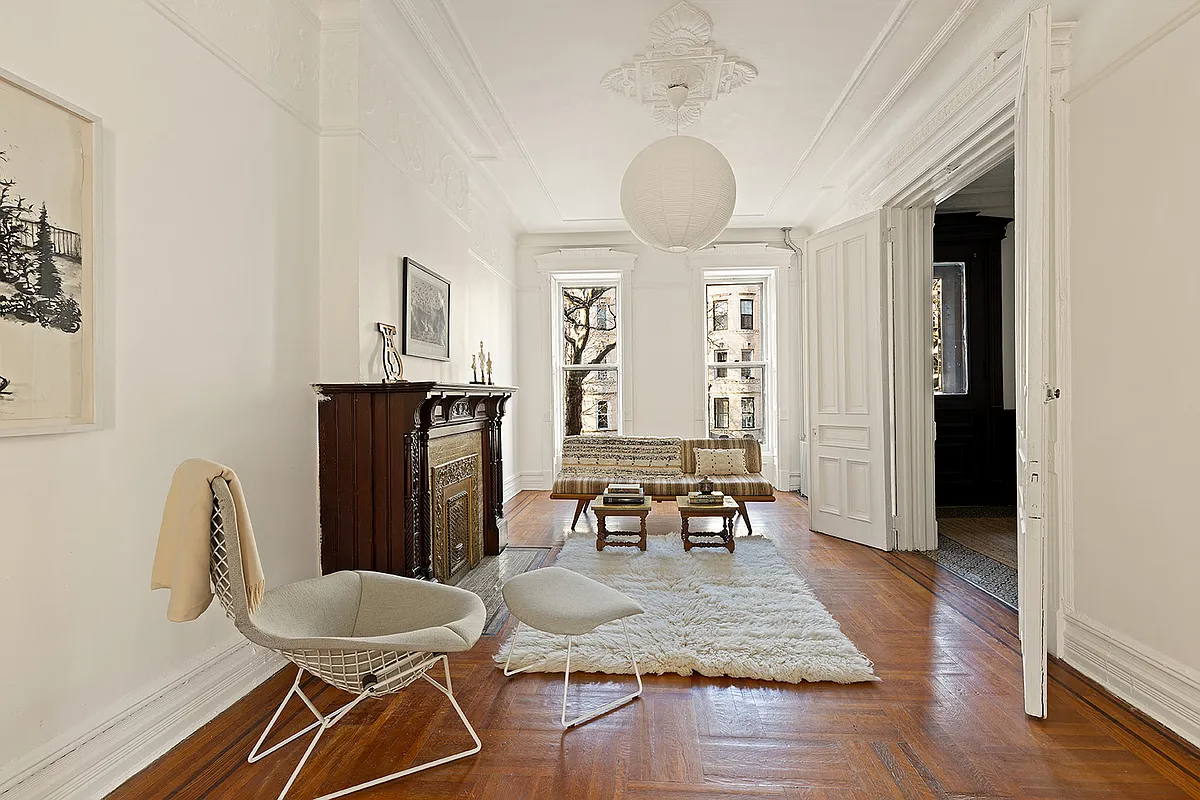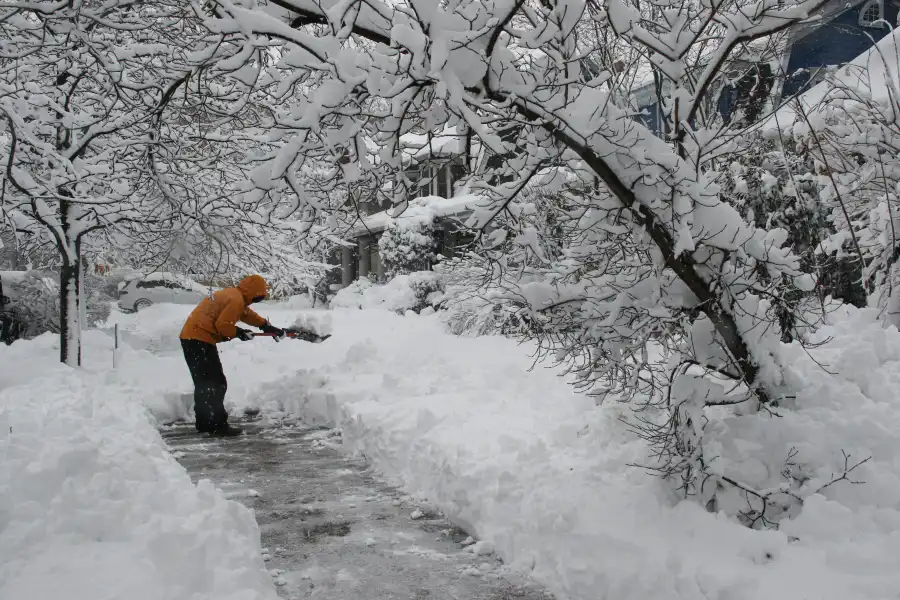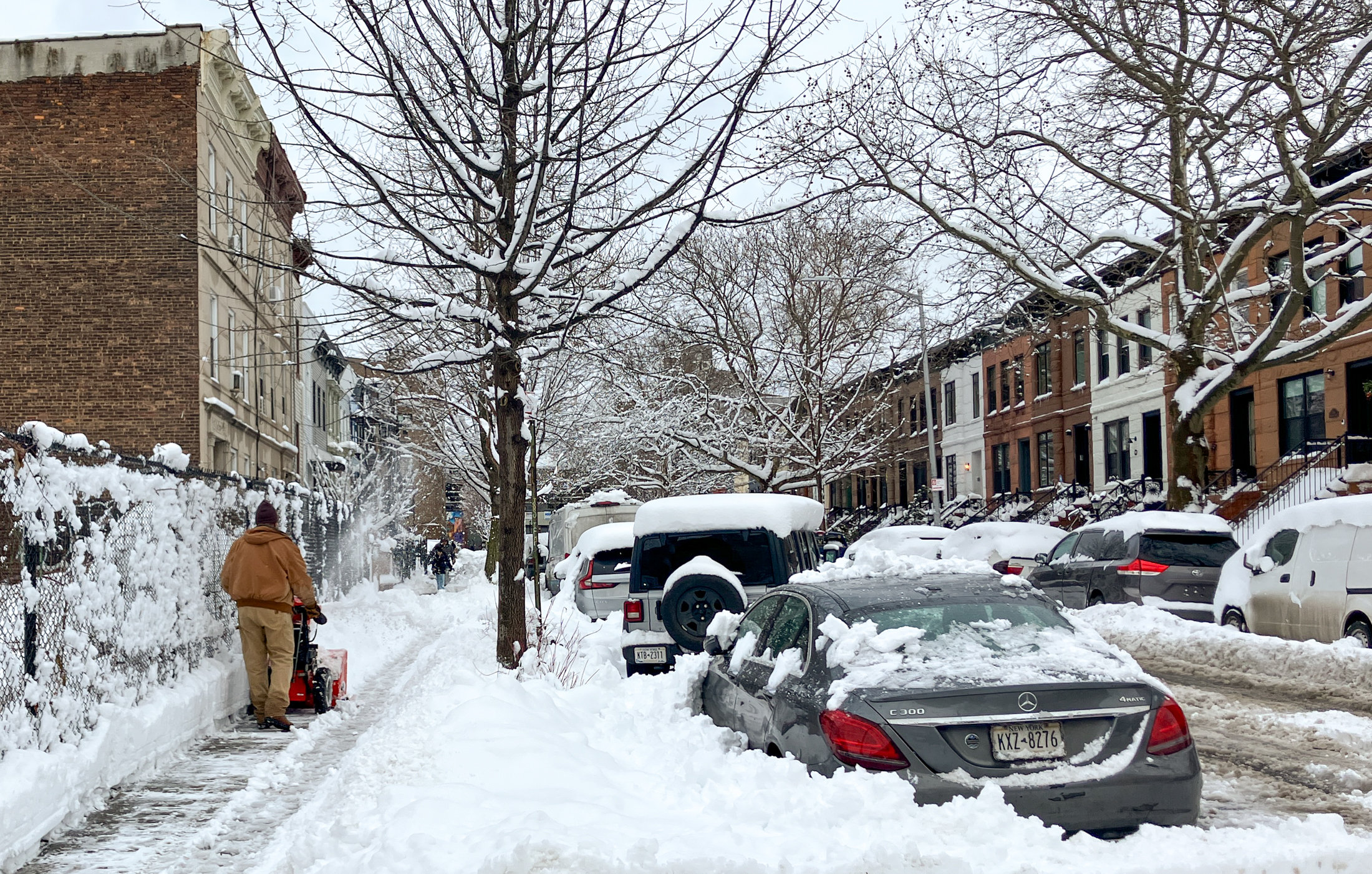As Condo Sales Languish, Builders Slam 421-a Reform
The Sun has a couple of articles this morning that, taken together, seem slightly contradictory. First off, Mike Stoler writes about how condo sales at many new Brooklyn developments have seen better days. (AKA condo glut.) Developers say that many for-sale condos in Downtown, Dumbo and the Burg are seeing price cuts of 15 to…

 The Sun has a couple of articles this morning that, taken together, seem slightly contradictory. First off, Mike Stoler writes about how condo sales at many new Brooklyn developments have seen better days. (AKA condo glut.) Developers say that many for-sale condos in Downtown, Dumbo and the Burg are seeing price cuts of 15 to 20 percent and that many Brooklyn builders are considering turning their projects rental. One unsourced industry leader has this to say: There has been massive overbuilding in the entire borough of Brooklyn. It is like the Wild West, and if you don’t control growth, then at some point it’s going to get out of hand.” The other story in the paper is about how developers are psyched that in December the City Council is going to review the changes to the 421-a program, which, effective in July, requires that projects in many sections of the city (including the Slope, Prospect Heights, and Bushwick) include 20 percent affordable housing in order to get 421-a tax abatements. In other words, while sales are at a standstill at many developments (a whole lot of which benefited from 421-a), developers want 421-a tax breaks reinstated in order to incentivize the construction of more market-rate housing. Yes, 421-a repeal would mean cost-savings for buyers in the future, but right now those buyers aren’t keen on plunking down money for all the condos we already have. So the question is, does is make sense to incentivize the creation of new housing at a time when the existing pipeline isn’t being absorbed? Or is there still plenty of need and demand for new housing, just not at these prices?
The Sun has a couple of articles this morning that, taken together, seem slightly contradictory. First off, Mike Stoler writes about how condo sales at many new Brooklyn developments have seen better days. (AKA condo glut.) Developers say that many for-sale condos in Downtown, Dumbo and the Burg are seeing price cuts of 15 to 20 percent and that many Brooklyn builders are considering turning their projects rental. One unsourced industry leader has this to say: There has been massive overbuilding in the entire borough of Brooklyn. It is like the Wild West, and if you don’t control growth, then at some point it’s going to get out of hand.” The other story in the paper is about how developers are psyched that in December the City Council is going to review the changes to the 421-a program, which, effective in July, requires that projects in many sections of the city (including the Slope, Prospect Heights, and Bushwick) include 20 percent affordable housing in order to get 421-a tax abatements. In other words, while sales are at a standstill at many developments (a whole lot of which benefited from 421-a), developers want 421-a tax breaks reinstated in order to incentivize the construction of more market-rate housing. Yes, 421-a repeal would mean cost-savings for buyers in the future, but right now those buyers aren’t keen on plunking down money for all the condos we already have. So the question is, does is make sense to incentivize the creation of new housing at a time when the existing pipeline isn’t being absorbed? Or is there still plenty of need and demand for new housing, just not at these prices?
The Divide Between Manhattan, Other Boroughs [NY Sun]
Tax Abatement Debate To Be Revived [NY Sun]





“Prove it!”
I’m sorry, I don’t quite follow which point you are disputing. Why don’t you tell me, and I’ll cite for you the appropriate source.
“Methinks the Ghetto’s was with Jews first. Thats where the term came from.”
Good point. You know the history of Venice, but not Harlem. Odd, for a black man. And why did they live in that area? Because that was the only place they were allowed to live!
Blacks moved to Harlem because there were few alternatives. Housing discrimination was rampant in those days. Do you really dispute that?
“Nope Assfuck, Every thing is black including my dick.”
I think you are perpetuating the stereotype that black men think of nothing but fornication and the instrument with which they fornicate.
Since “The What” is probably five or six people posting under that name by now, I don’t think race really matters. I think that poster’s point was that being Black should not be equated with being poor, even inferred.
Anyway, while I do find the postings attributed to “The What” to be a bit extreme, many of the posters here are extreme at the opposite end of the scale. That’s makes sense because who wants to see a piece of property that they invested hard earned money and time and emotion into depreciate? At the same time we all have to acknowledge that markets go up and markets come down too; over longer periods of time they tend to go up, unless there is an economic disaster (i.e. Japan – remember when people were afraid they were going to buy all of America back in the late 80, early 90’s).
But this housing boom that we’re coming down from is like no housing boom before, at least not in modern US history. It was driven by people (rich, poor, and middle class) being given access to far more credit than they were qualified to have. Now that that massive and unprecedented liquidity is drying up, the artificially inflated prices have no choice but to either come down significantly (to were they will be affordable without massive amounts of credit) or stay the same for much longer than most buyer’s believed they ever would.
Now, this isn’t a bad thing. In fact its good for everyone, even people who bought overpriced homes because if you’re planning on sticking around for awhile then it wont really matter. At the same time you get to life in great neighborhoods that have been completely turned around. In the next few years, future buyers will get new homes, or homes in better condition than they were a decade ago in neighborhoods that are far more appealing than they were back then, AND they will be affordable. The Harlem case (which is true btw), is a good example of why over development can be a good thing in my opinion. Harlem’s development ended up stunted due to redlining and discrimination, not the new Black residents who moved in to build better lives for themselves.
Now, prices in NYC will come down. When the wall street bonuses don’t happen this winter, the “prices never fall” crowd will find themselves poring over NYC housing price charts from the 80’s and 90’s in shock. But its my opinion that this will be a good thing and people who are willing to wait it out a bit, on all sides, will win out in the end.
I think the problem is that the buyers in Brooklyn are much more price-sensitive than developers thought they were. Developers saw prices in brooklyn go up to $500-$650 a square foot in fort green and carroll gardens and downtown and saw condos flying off the shelves at these prices. SO they figured the market was deep and started underwriting projects at $750-$850/SF (think one hanson and forte) and what they found was that while there is still a huge market in Brooklyn at the $550-$650/SF range the market at those higher rates is very small. Why? Because a dual income couple bringing in around $200K can’t afford a mortgage on a $1 million 2BR. They can afford around $650K for a 2 BR or they can maybe stretch and go to $850 for a 3BR. If developers could figure out a way to build that product, you will see just how deep that market is…
Ok Polemiciasst, here we go.
“Talking history is not racist. How are you black and unaware of the history of Harlem? And, duhh, I was talking about blacks at the turn of the 20th century. Of course there are many middle class and wealthy blacks in Harlem today. That was hardly the case 100 years ago however. You do know that until the Civil Rights era, it was perfectly legal to restrict where people could live based on race, right?”
Prove it!
“Do you really think that minority ghettos happened purely by chance?”
Methinks the Ghetto’s was with Jews first. Thats where the term came from.
“Me thinks The What is a fake black guy.:”
Nope Assfuck, Every thing is black including my dick.
The What
Someday this war is gonna end..
I’ve suspected he might be faking too, his subject/verb disagreement seems like an affectation.
The What
Talking history is not racist. How are you black and unaware of the history of Harlem? And, duhh, I was talking about blacks at the turn of the 20th century. Of course there are many middle class and wealthy blacks in Harlem today. That was hardly the case 100 years ago however. You do know that until the Civil Rights era, it was perfectly legal to restrict where people could live based on race, right?
Do you really think that minority ghettos happened purely by chance?
Read the wikipedia article, sheesh
http://en.wikipedia.org/wiki/Harlem
Me thinks The What is a fake black guy.
12.51 – buying now isn’t “while low”. What are you – a developer? Seriously, no-one with an ounce of financial sense and not having their head in the sand would buy now. End of the year perhaps, but not now.
12:51 & 12:53 (likely the same poster) you are way off –
ALL real estate within a market is linked, new construction is not going to fall 30% while older Coops appreciate or remain flat – ALL will move together (including Brownstones) – obviously certain buildings and neighborhoods will do relatively better (or worse) but the differences between one ownership classification or housing class in a single neighborhood will be minimal.
Don’t believe me….try to find one historical situation where this hasnt held – people are (relatively) rational – they may crave a pre-war Classic 6, or a Brownstone but if the price differential gets too wide they’ll settle for a large new “luxury” condo.
You also ignore the fact that some people PREFER new construction (I certainly prefer an elevator to a walk-up apartment in a converted rowhouse); and the effect a credit crunch will have on many over-leveraged COOPs.
The What is a Yang all right…